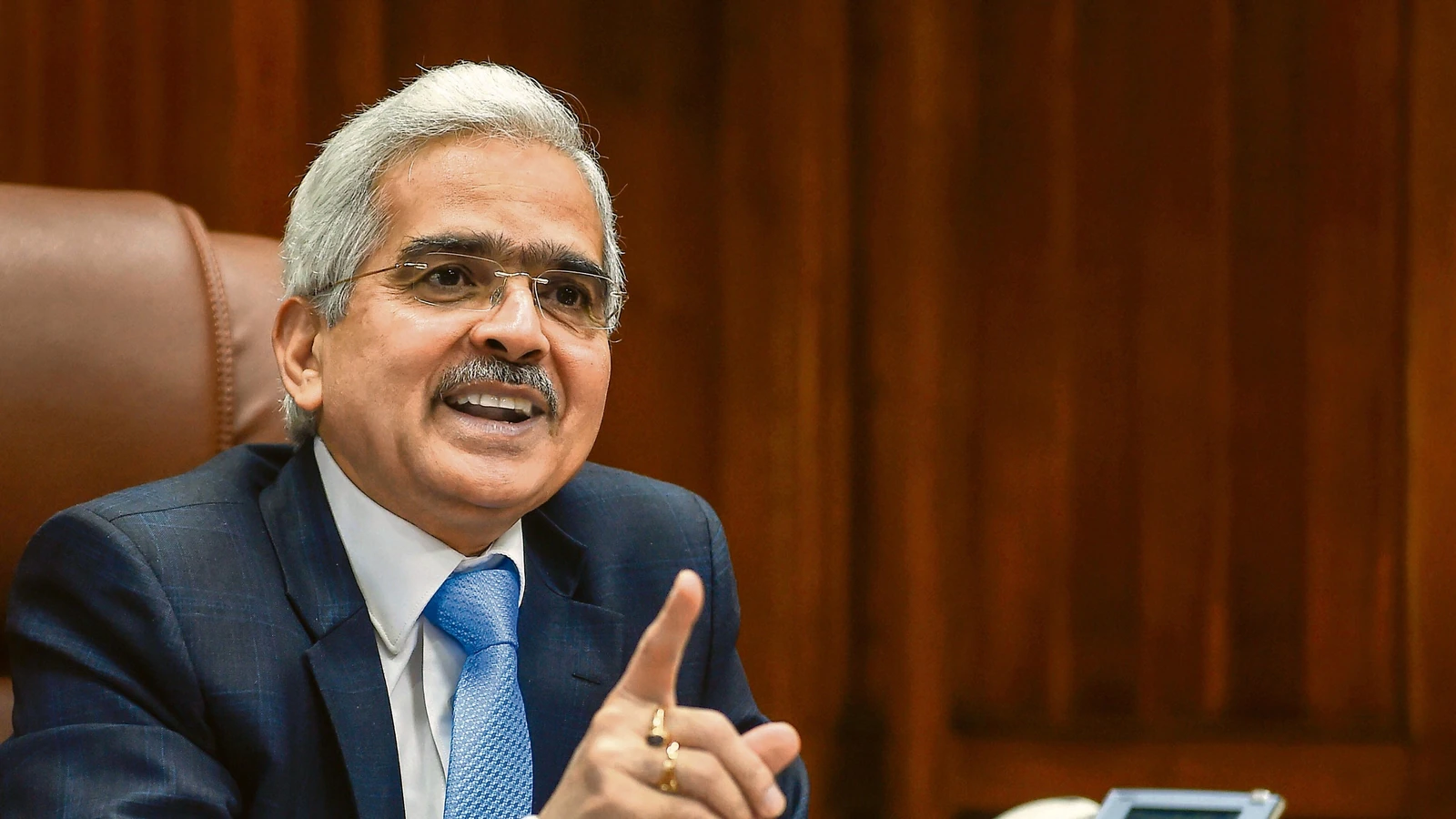
RBI Governor Shaktikanta Das
Reserve Bank Governor Shaktikanta Das on Wednesday said that the Indian economy has made a solid recovery and is among the fastest-growing large economies despite heightened uncertainties and formidable headwinds. He said that financial stability is non-negotiable and all stakeholders in the financial system must work to preserve this at all times.
“The Reserve Bank and the other financial regulators remain steadfast in their commitment to safeguard financial stability in the face of potential and emerging challenges,” he said in a foreword to Financial Stability Report (FSR).
In this fragile global milieu, he said, balancing the policy trade-offs, preserving macroeconomic and financial stability, shoring up confidence and supporting sustainable growth are top priorities for policymakers the world over.
Over the last three years, the global economy has been navigating successive high-amplitude shocks: the COVID-19 pandemic waves; protracted geopolitical hostilities; rapid monetary policy tightening; and the recent banking turmoil.
Economic fragmentation is threatening macroeconomic prospects, especially among emerging market and developing economies (EMDEs), he said.
Since the last issue of the FSR in December 2022, the global and Indian financial systems have charted somewhat different trajectories.
The global financial system has been impacted by significant strains since early March 2023 from the banking turmoil in the US and Europe.
Earlier this year, US-based Silicon Valley Bank and Signature Bank collapsed. It was followed by the bailout of UBS, the Switzerland’s largest bank, by Credit Suisse in March.
Since the last issue of the FSR in December 2022, the global and Indian financial systems have charted somewhat different trajectories, it said, adding, the global financial system has been impacted by significant strains since early March 2023 from the banking turmoil in the US and Europe.
In contrast, it said, the financial sector in India has been stable and resilient, as reflected in sustained growth in bank credit, low levels of non-performing assets and adequate capital and liquidity buffers.
According to him, the balance sheets of the banking and corporate sectors have both improved, creating a “twin balance sheet advantage” for growth. He also noted that technology and increasing digitalization are helping to expand the reach and depth of financial intermediation and open up new avenues for economic development and financial inclusion.
According to him, new dangers have forced a review of international norms for financial sector rules, as seen by the current banking instability in some advanced economies (AEs).
Despite the critical importance of international cooperation among regulators on these matters, he asserted that in the case of India, both regulators and regulated firms must continue their unshakable commitment to establishing a sound financial system.
It must be kept in mind that seeds of susceptibility are frequently cultivated during prosperous times when hazards frequently go unnoticed, he said.
He added that in order to address additional issues like cyber dangers and climate change, there also needs to be global cooperation and regulatory focus.
India is working to increase the effectiveness of multilateralism in a number of these areas through its G20 leadership. One Earth, One Family, One Future, India’s G20 theme, aptly captures these endeavours.
(This story has not been edited by Bharat Express staff and is auto-generated from a syndicated feed.)

















